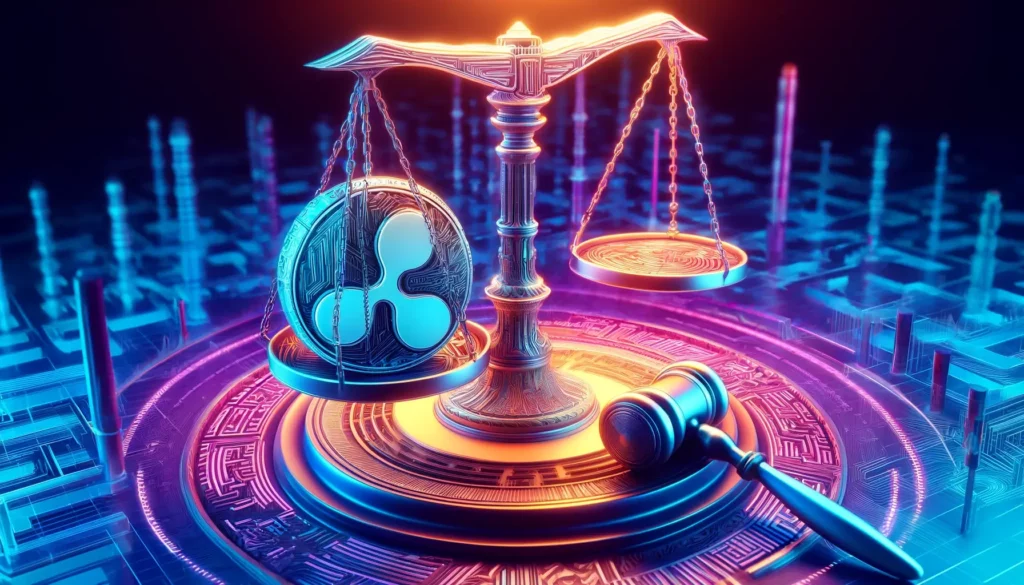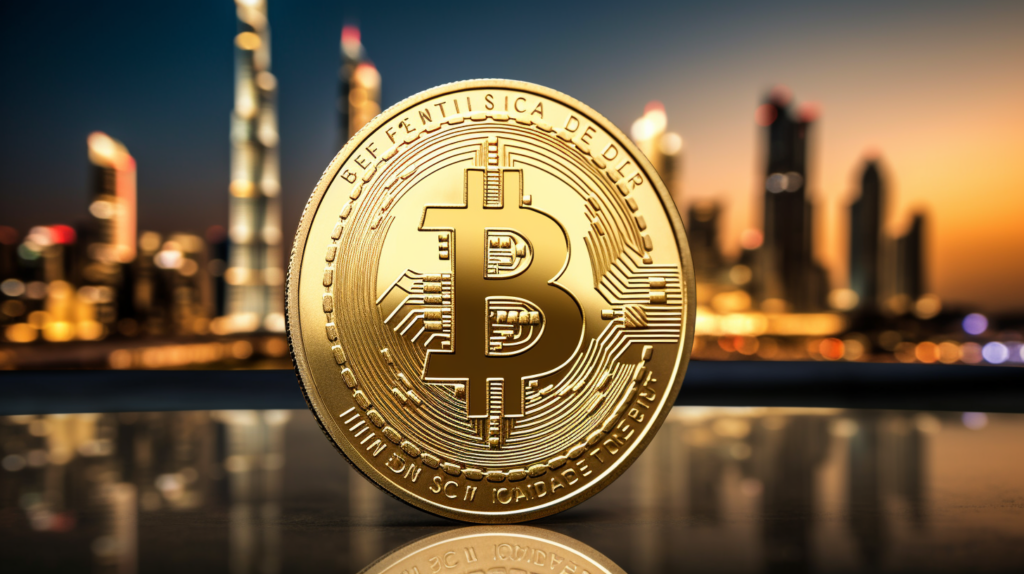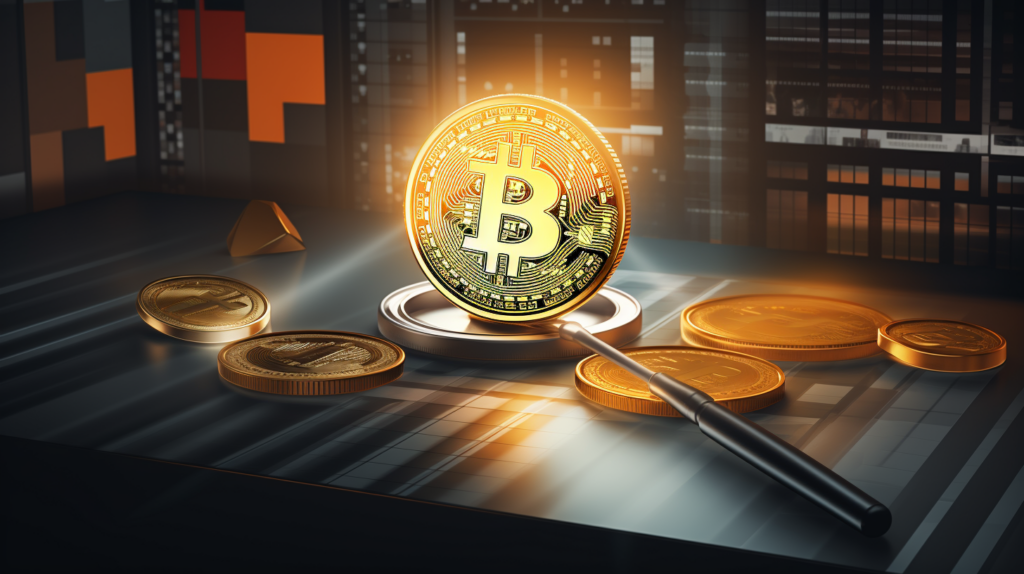The Case and Its Developments
Ripple, the prominent blockchain technology company, is currently embroiled in a high-stakes legal battle with the U.S. Securities and Exchange Commission (SEC). The dispute revolves around a proposed $2 billion fine by the SEC, alleging that Ripple’s XRP sales violated securities laws. Ripple has countered this proposal, suggesting that the penalty should be reduced to no more than $10 million. The company argues that the transactions in question were legal, well-informed, and not misleading. This major trial, set to determine the legal status and future regulatory treatment of XRP, began on April 23, 2024, marking a critical point in the cryptocurrency sector.
Background and Context
Ripple’s stance is rooted in their belief that their XRP transactions were lawful, with no intent to deceive (known legally as ‘scienter’), and that they have not caused significant financial harm. Ripple’s leadership, including CEO Brad Garlinghouse and CLO Stuart Alderoty, have been vocal in criticizing the SEC’s approach, which they describe as misleading and harmful to the industry’s perception. This legal conflict has broader implications, affecting not only Ripple and its XRP token but also the wider cryptocurrency market. Regulatory outcomes here could set precedents for how digital assets are treated under U.S. securities laws.
Personal Commentary on Ripple’s Defense Strategy
From my perspective, Ripple’s aggressive defense strategy underscores a significant friction point between innovative crypto enterprises and regulatory bodies. If Ripple succeeds in reducing the fine significantly or winning the case, it could signal to the market that robust legal defenses may deter or diminish regulatory overreach. This outcome could potentially lead to a bullish scenario for XRP and possibly provide a roadmap for other crypto entities facing similar legal challenges. Conversely, a defeat for Ripple could embolden the SEC and similar regulatory bodies worldwide to impose stricter regulations and penalties on crypto transactions, which might stifle innovation and deter investment in the crypto space.
In conclusion, the trial between Ripple and the SEC is not just about the hefty fines but represents a fundamental battle over the intersection of innovation, regulation, and financial law. As the proceedings unfold, they will likely influence not only the future of Ripple and XRP but also the broader landscape of digital currencies.





